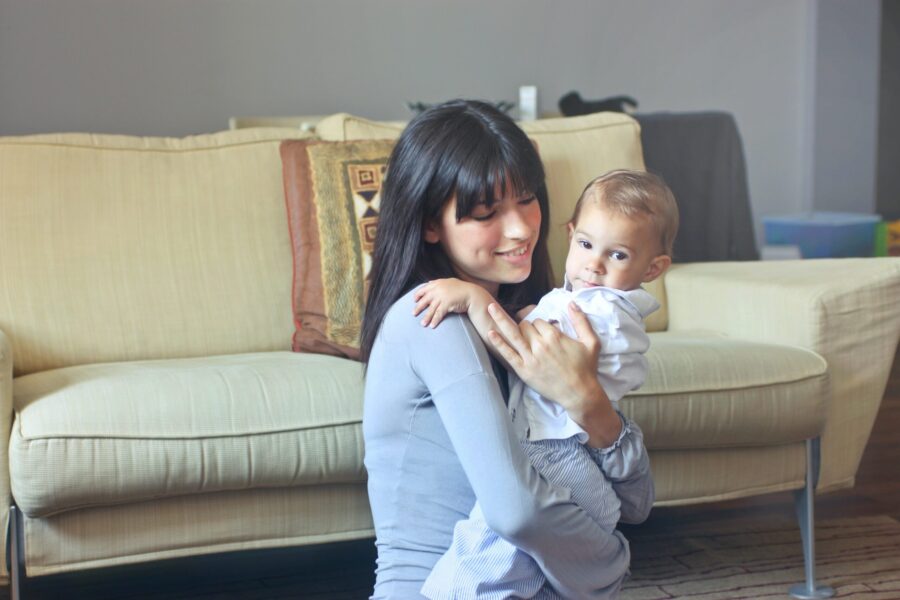
What Do Judges Look for in Custody Cases?
The primary factor judges use to decide on custody cases is what would be in the child’s best interest. The child’s well-being is paramount. Although you and your spouse might want to do what it takes to ensure your child’s happiness, divorce procedures can stir up tough emotions and make it challenging for both parents to agree on custody.
A judge must get involved if you can’t negotiate a custody arrangement outside of court. Turn to an experienced child custody lawyer to protect your rights and ensure your family’s future.
Factors Judges Consider in a Custody Ruling
When evaluating your child’s best interest, the judge will review additional factors to resolve your custody dispute. These factors might include:
- The relationship each parent has with their child, considering each parent’s ability to meet the child’s intellectual, physical, and emotional needs
- The child’s mental and physical health and age
- Each parent’s ability to cooperate and resolve disagreements about the child
- The child’s needs, including their relationship with extended family, siblings, and peers
- Any history of sexual abuse, child abuse, family abuse, or threats or violent acts in the last ten years
- Each parent’s tendency to support their child’s relationship with the other parent, including a history or instances of denying the other parent visitation with the child
- Each parent’s age and physical and mental health
- The child’s preference if the court determines the child is of reasonable age, understanding, experience, and intelligence to communicate their preference
- Each parent’s willingness to maintain a close and continuing relationship with their child
- Each parent’s role in the child’s upbringing
- Additional relevant factors the judge decides to consider
Judges should not favor one type of custody arrangement over another. They must consider what will meet the child’s best interests, guarantee minor children have frequent and ongoing contact with each parent, and encourage both parents to share the responsibility of raising their child.
Awarding Visitation in a Child Custody Matter
Unless inappropriate, both parents should be able to spend time with their child. If one parent has primary physical custody, meaning the child lives with them primarily, the other parent is entitled to parenting time on an agreed-upon schedule.
Typically, visitation involves swapping physical custody each week, extended stays during school breaks and summer vacations, weekend visits, and swapping holidays. The visitation schedule should include days and times each parent must drop off and pick up their child at specific locations.
Judges prefer each parent to negotiate a parenting schedule that works well for everyone’s needs. They also encourage regular communication. If you agree to a visitation plan, the judge will review and sign if it meets your child’s best interests.
However, negotiating an arrangement both parties are happy with can be challenging. If you’re unable to resolve this aspect of the child custody matter, the judge must take over and create an appropriate visitation schedule based on what’s best for the child.
Contact a Trusted Virginia Beach Child Custody Lawyer Today
Preparing for child custody cases to go to court is stressful. You might feel overwhelmed by the adverse effects a judge’s decision can have on your life. You want to ensure your child’s happiness and future without compromising your needs. Fighting this battle alone is complicated. The process can be easier with an experienced lawyer in Virginia Beach by your side.
Hardt Law, P.L.L.C. will provide the legal representation and guidance necessary to navigate child custody cases. We will work hard to try to achieve your desired result. Call us today at (757) 962-5588 or contact us online for a confidential consultation to get started.



